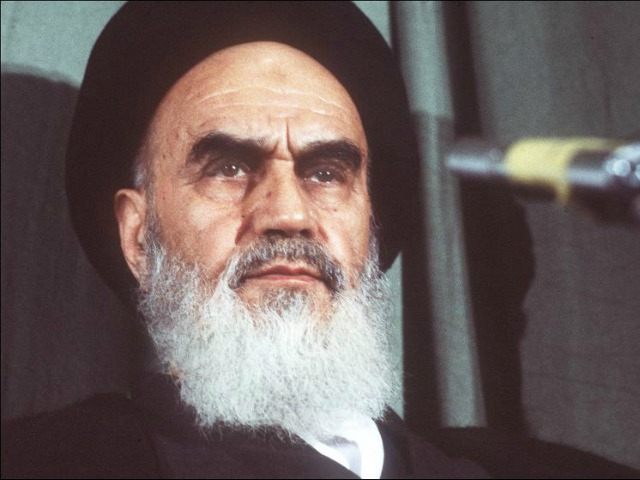After outcry from supporters, Instagram restored an account dedicated to memorializing the leader of Iran’s 1979 Islamist revolution, Ayatollah Ruhollah Khomeini.
The account, which has over 100,000 followers, according to some media reports, has posted over 600 photos of the late cleric and revolutionary.
Instagram reportedly shut down the account just days ahead of annual June 4 ceremonies in Iran to memorialize Khomeini’s death in 1989.
Fars News Agency, a semi-official Iranian news agency, reported that although Instagram emailed the account’s founder to notify him of their decision to close the account, they did not provide a justification as to why.
The man behind the original Instagram account then made a second account, which continued to post pictures of the late cleric and Islamist icon.
Fans of the page, outraged by the ban, noted that Instagram permits accounts created by ISIS supporters and other radical Islamists to stay online, even when those accounts share gruesome photos of beheadings or are used as a recruitment tool for terror organizations.
As of Thursday, however, Instagram seems to have reversed their decision and restored the original Khomeini memorial account.
Khomeini is most famous for leading Iran’s 1979 Islamist revolution, which ousted the U.S.-backed shah and replaced his government with an “Islamic Republic.”
After the revolution, 444 Americans were held hostage in one of the largest hostage crises ever faced by a global power.
Khomeini also oversaw major changes to Iran’s legal system, to make it more in line with the dictates of Islamist doctrine. For example, women who do not cover their hair and body in public can be publicly lashed 74 times. Stoning was also restored as a punishment for adultery.
Iran consistently ranks as one of the least free nations in the world, scoring a six on Freedom House’s seven-point scale. Freedom of expression is severely limited, and journalists are occasionally arrested for working with “antirevolutionary” news outlets.
Religious freedom is also severely limited in Iran. Conversion of a Muslim to a non-Muslim religion is punished by death, and religious groups outside of Shia Islam are either banned or severely restricted.
Each year, Iran celebrates the revolution with a festival called the “Ten Days of Dawn” in February. The state also sets aside June 4th of every year as a day to memorialize Ayatollah Khomeini.

COMMENTS
Please let us know if you're having issues with commenting.